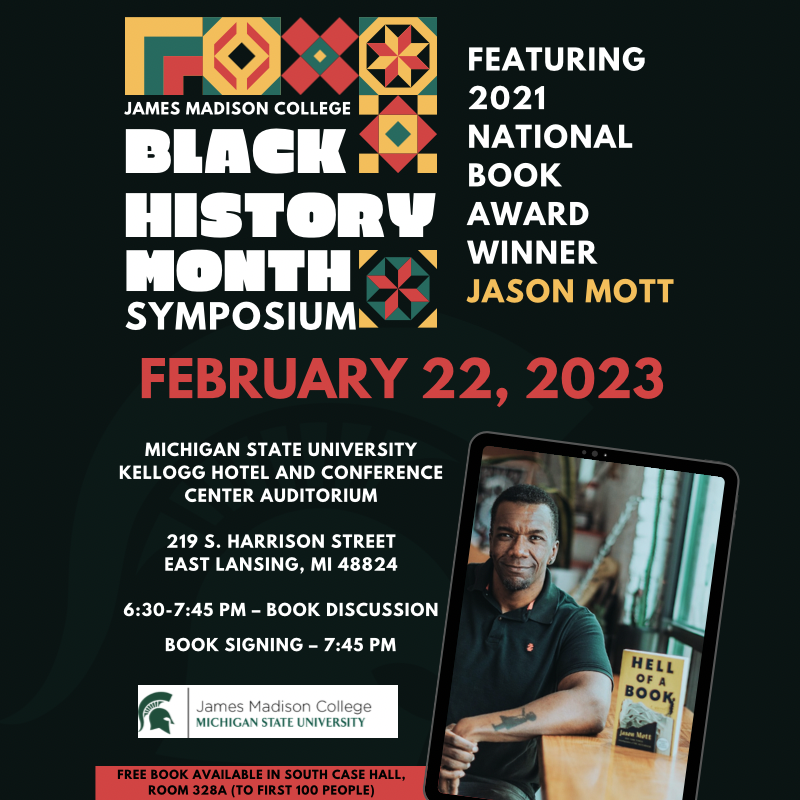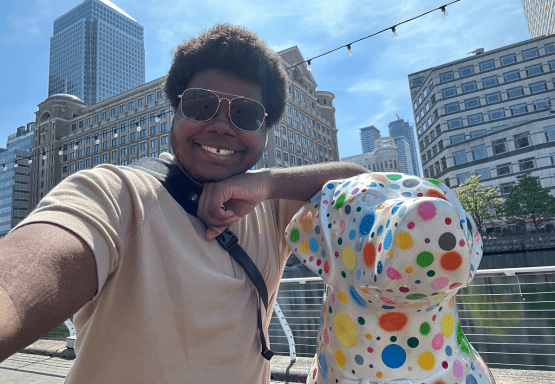In the movie, “Till,” as Emmett Till prepares to travel from Chicago to Mississippi, Mamie tells her son to “be small.” Initially, this may sound like contradictory advice, but Mamie is concerned for her son’s safety in a then-racially charged environment. In hindsight, one must wonder whether this motherly plea stemmed from a premonition that she would one day hover over an open casket of her son, the result of a brutal murder by two white men who accused Emmett of whistling at the wife of one of the men. Despite the brutality of the beating, Mamie Till decided to have an open-casket funeral for him because she felt “everyone needed to know what happened to her son.”
On January 7, 2023, RowVaughn Wells described an inexplicable, agonizing pain in her stomach. She would later learn this pain occurred during the same time that her son, Tyre Nichols, was brutally beaten by members of the Memphis Police Department for what they initially claimed was “reckless driving.” As with Emmett’s beating, 68 years earlier, pictures of Tyre showed him as being no longer recognizable after being beaten like a “human piñata.”
Just as Mamie Till decided to use her son’s open casket as a form of advocacy, RowVaughn Wells, and her husband Rodney Wells, stood up at President Biden’s recent State of the Union Address with pleas to Congress to pass police reform legislation.
These outcomes are examples of the worst nightmare for the parents of their African American sons. As a result, African American parents are forced to provide “The Talk” to their children and prepare them for what to do if stopped by police at very young ages. They are forced to socialize their children at a young age about the consequences of racism, while children are still developing their own identities. Understandably, the continuous cycle of killings due to police brutality, including the most recent killing of Tyre Nichols, have many feeling frustrated, despondent, and left at a loss regarding how to best advocate against these injustices.
Jason Mott is the best-selling author of “Hell of a Book.” In addition to being a 2021 National Book Award winner, his book was awarded the Carnegie Medals for Excellence in Fiction Longlist selection, 2022 Aspen Words Literary Prize Longlist selection; 2022 Chatauqua Prize Finalist, Joyce Carol Oates Prize Longlist selection, 2022 Housatonic Book Award Winner, and 2021 Sir Walter Raleigh Prize for Fiction. In “Hell of a Book,” Mr. Mott profoundly describes the intergenerational trauma that such killings have on communities and individuals. Further, he uses writing as a form of advocacy, awareness and coping. This book has been described as “intense, moving, urgent and vital.”

On February 22, James Madison College will host its inaugural Black History Month Symposium. Jason Mott will serve as the keynote speaker. The book discussion will occur from 6:30-7:45 p.m. in the Kellogg Center Auditorium, with a book signing immediately following. Undoubtedly, “Hell of a Book” will serve as a timely catalyst for rich dialogue, insight and learning. This event is open to the public, and no registration is required.
For questions, please contact James Madison College’s Assistant Dean of Diversity, Equity and Inclusion, Brian Johnson, at John3582@msu.edu



.png?h=384&iar=0&w=555)


